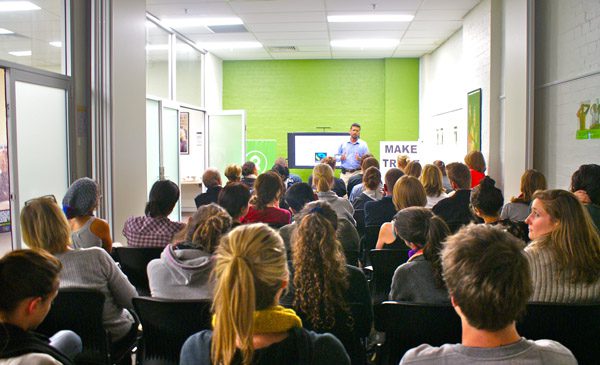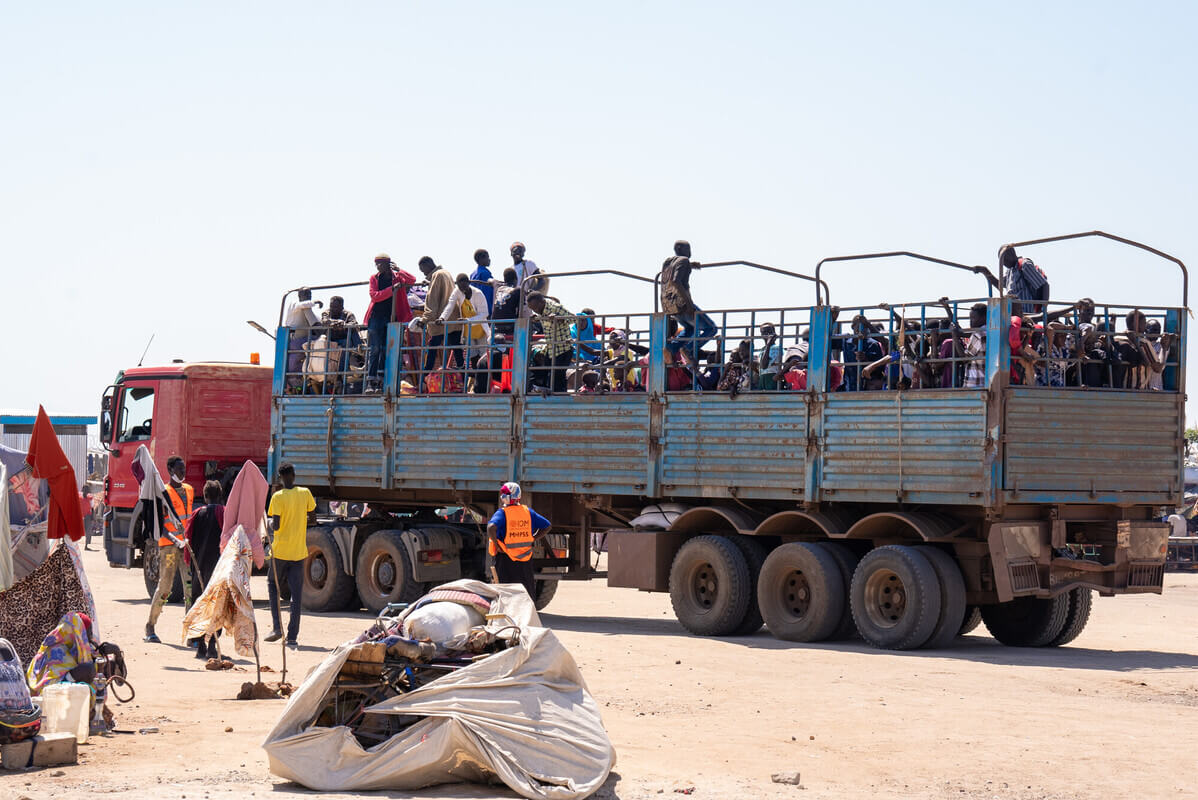When I think Fair Trade, I think chocolate. So, I was easily convinced to attend the Fair Trade Fortnight event held at Oxfam in Sydney last night.
After rugging up in my woollies for the commute into town, and finding a seat on the train, I plugged my Ipod into my ears and I ran over in my mind what I knew about Fair Trade. I knew that it protected the producers of products throughout trading practices, but I didn’t really know how.
I would soon find out.
I walked into the Oxfam offices, and swapped the Ipod in my hand for a cup of warm tea and choc-chip biscuits (Fair Trade, of course). Among the guests enjoying the ethical treats, were Oxfam staff members and volunteers, university students, and guest speaker Senarath Yatigammana.
Senarath is the Deputy General Manager of Bio-Foods, a Fair Trade partner in Sri Lanka. He explained to us exactly how Fair Trade is helping the producers and tackling poverty through trade. Not only does Fair Trade ensure that workers are paid overtime, that there is no child-labour and that working conditions are decent; he also explained how the Fair Trade premium allows producers to invest in their sustainable future. The Fair Trade premium is a sum of money paid on top the agreed price, which is invested in social, environmental and economic development programs to promote sustainability.
So now, when I drink I cup of coffee, I’ll chose Fair Trade because I’ll know that the extra 50c is going towards building a school in Ghana. When I need a chocolate fix, I’ll choose Fair Trade because the extra 50c is going towards a medical centre in Sri Lanka.
So that’s all well and good, but it got me thinking about how Fair Trade is the exception. Why is unfair trade the norm?
I guess it leads to the bigger issue of commercialisation. We have let companies go to all lengths in their pursuit of profit. Key word-let them. If commercialisation is driven by supply and demand, we can demand an alternative, and they will supply. We can demand Fair Trade. So last night, I officially made the swap to Fair Trade. Sure its 50c extra. But I’m paying for my coffee and a clear conscience.
What a good excuse for a coffee break and yes, it does taste better.
Olivia Rolleston is a volunteer for Oxfam Australia
First published on Fairtrade Fortnight



